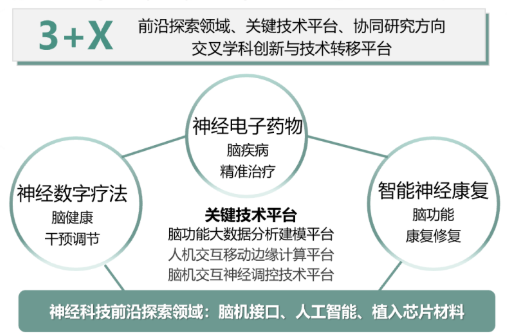The comprehensive research facility for key systems of a fusion reactor, including the one-eighth vacuum chamber and its overall installation system, developed by the Hefei Institutes of Physical Science, Chinese Academy of Sciences, passed testing and acceptance by an expert panel. The system's development level and operational capabilities have reached an internationally advanced standard.
The sun's energy originates from nuclear fusion reactions in its core. The ‘artificial sun’ aims to replicate this process to generate electricity through controlled fusion. Fusion materials are abundant on Earth and emission-free, making them a key to unlocking the door to "energy freedom."
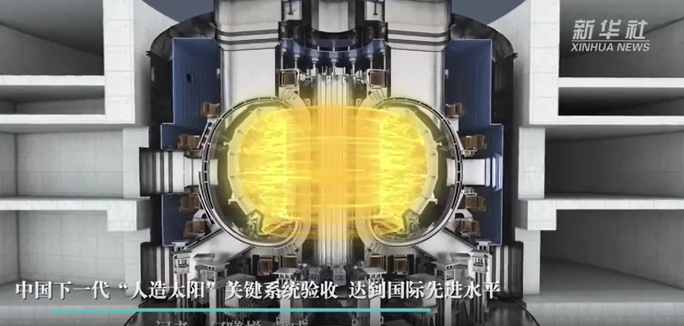
A team from East China University of Science and Technology published findings in Science, revealing the critical mechanism behind the instability of next-generation photovoltaics: a ‘photomechanical’induced decomposition effect. Their graphene protective layer technology enables perovskite solar cells to maintain 97% efficiency after 153 days of operation under intense light and high temperatures, mass production within reach.
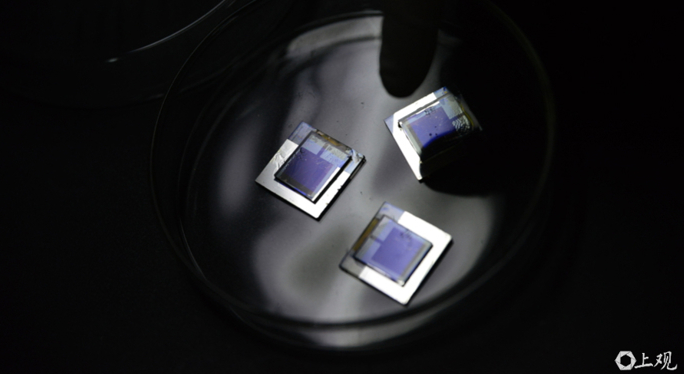
A team from Fudan University has developed an implantable cerebrospinal interface technology. By using brain and spinal cord chips to decode brain commands in real time, and provide electrical nerve stimulation, this technology allows patients with spinal cord injuries to quickly regain their ability to walk after surgery. The first three patients were able to walk with the help of a walker just 15 days after the operation, and clinical trials will be expanded in the future.
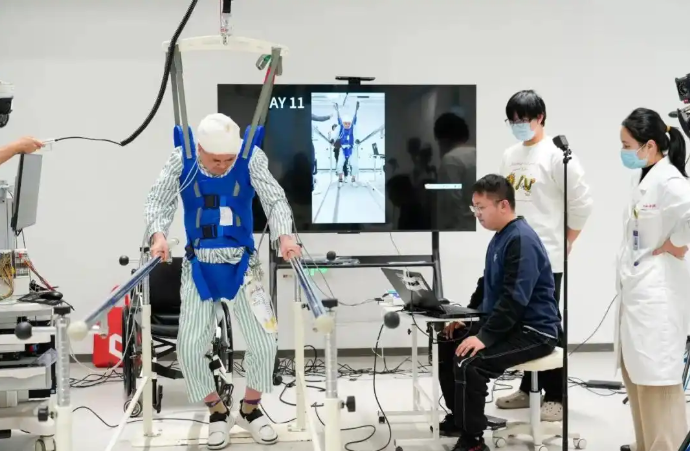
China's first ten thousand ton driverless heavy-haul train completed a trial run on the Shuohuang Railway, marking the nation's entry into a new era of fully automated freight transportation. The 1.3-kilometer-long train, weighing 10,800 tons, demonstrated exceptional stability and precision during testing.
This technological breakthrough promises to boost transportation efficiency and reduce energy consumption, delivering significant benefits to China's West-East Coal Transportation Project.
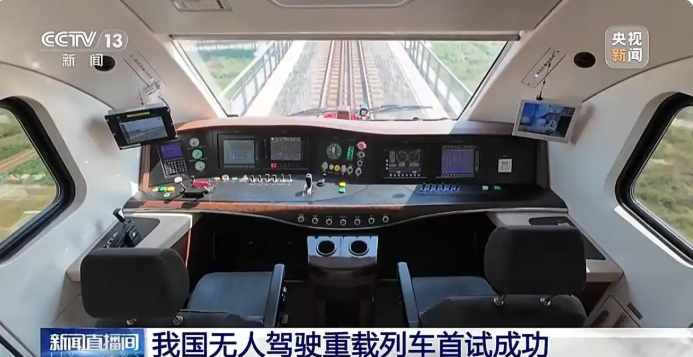
Fudan University Affiliated Huashan Hospital, in collaboration with leading research teams, announced a groundbreaking achievement in global medicine: the world's first successful neuroregulation implant surgery for major depressive disorder, using brain-computer interface (BCI) technology. Strikingly, post-surgery emotional regulation rate reached an unprecedented 92%.
This breakthrough represents a transformative milestone for psychiatric medicine, with the implanted intracranial device serving as a ‘digital antidote’, that rewrites treatment precision. For patients battling depression, this advancement shines a beacon of hope, merging cutting-edge neuroscience with clinical innovation.
